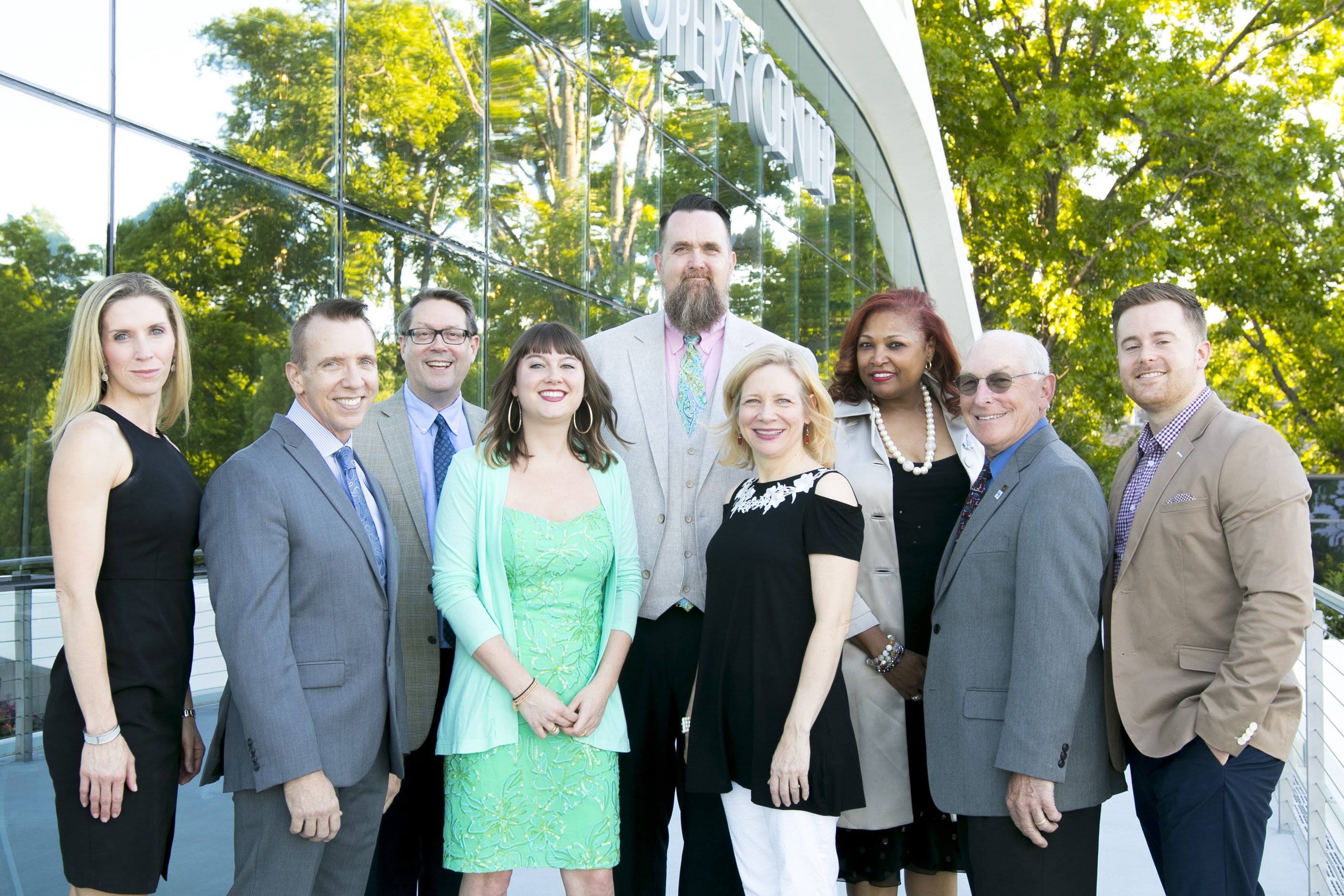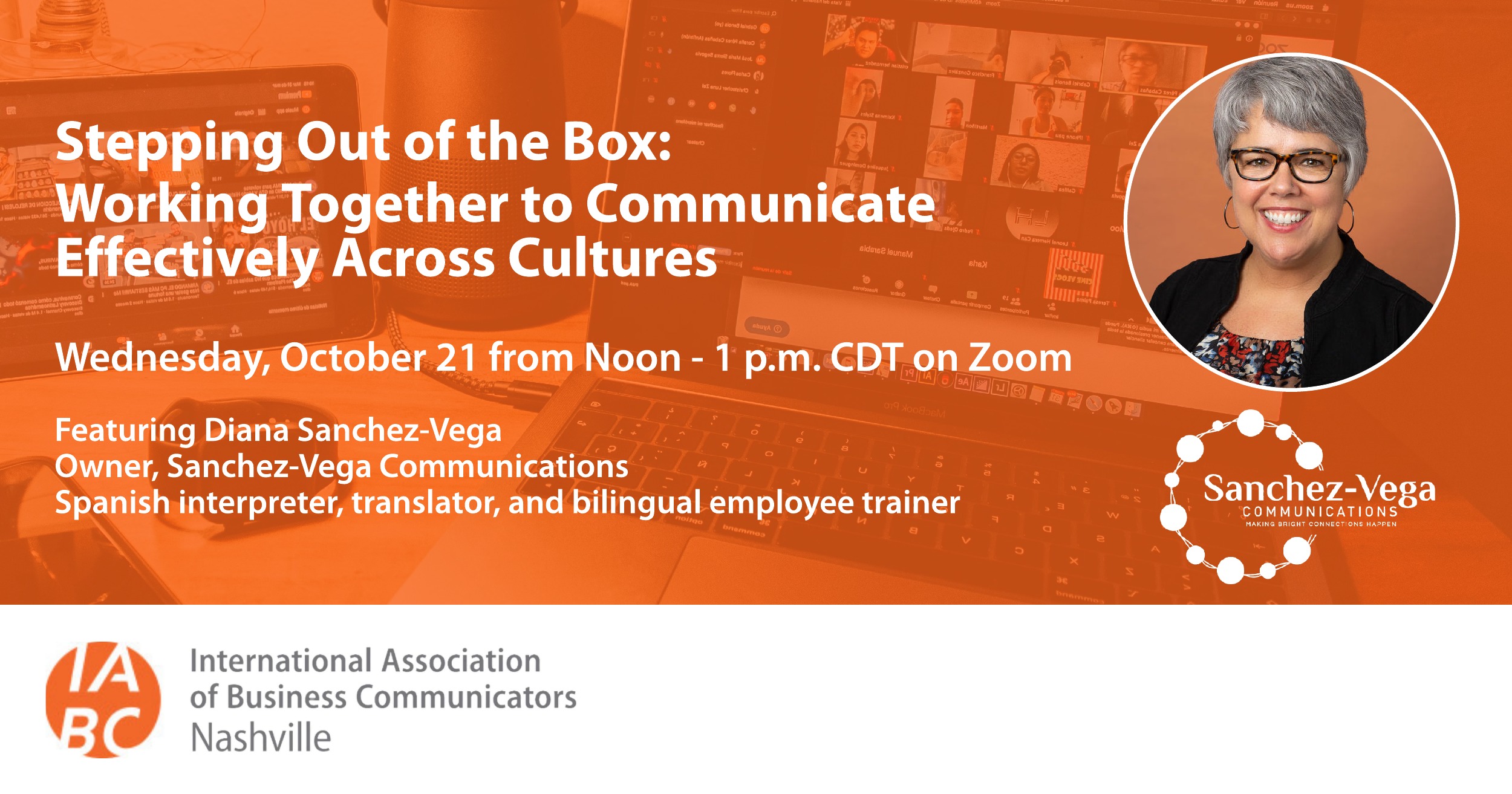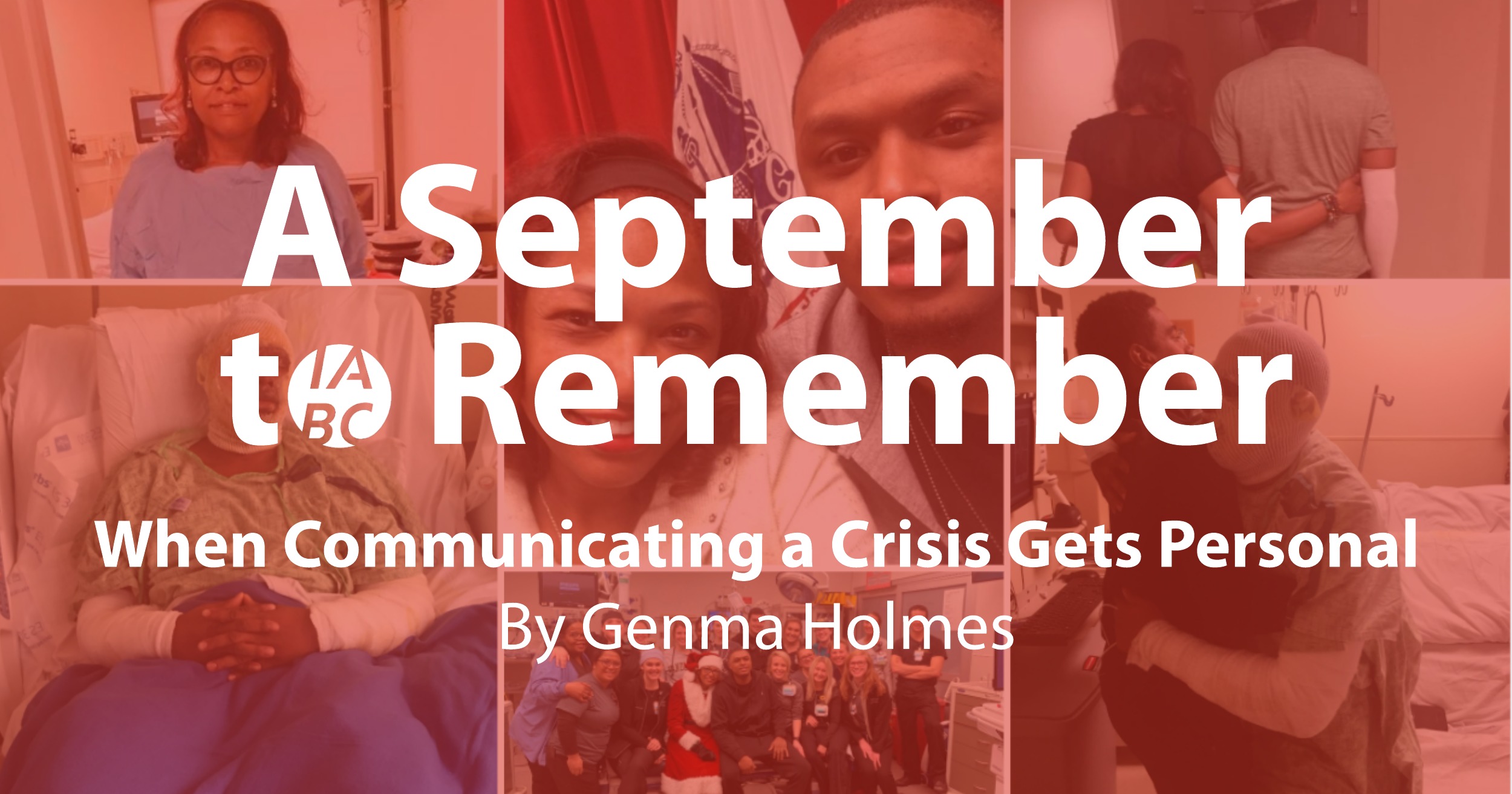Interested in getting more involved with IABC Nashville, or do you know a current member who is? Call for nominations, including self-nominations, are now open for the 2021 IABC Nashville Executive Board of Directors between now and Thursday, November 5. Questions on the nomination process? Contact nominating chair/past president Birdie Loeffler at birdieloeffler@gmail.com. All applicants/nominees must be active IABC members in good standing to be eligible.
2021 IABC Nashville Available Board Positions
President-Elect: This role is responsible for supporting the President and to act in the absence of the President as needed at Board meetings and chapter events. The President-Elect serves on the Executive Board for three years, automatically assuming the Presidency in year two and the role of Past-President in year three.
Secretary: This role is to keep a record of all the proceedings of the Chapter; sign all certified copies of acts of the Chapter; maintain official Chapter record books, Bylaws, policies, procedures, and other documents; prepare Board meeting notices and orders of business; and perform other duties necessary to the office or as prescribed by the President, the Executive Board.
Vice President of Finance/Treasurer: This role is to serve as treasurer and chief financial officer of the Chapter; chair the Finance Committee; be responsible for deposit, safekeeping, and disbursement of the funds of the Chapter; maintain records concerning receipts, expenditures, and assets of the Chapter; prepare an annual budget and dues recommendations for the Chapter; prepare full and interim financial reports as directed by the Executive Board and the IABC Chapter/Region Finance Guide.
Vice President of Membership: This role is to promote membership benefits, establish objectives to oversee initiatives to increase and retain members and provide measurement of results. Build meaningful relationships with prospective and current members, and resolve membership-related issues.
Vice President of Professional Development: This role is responsible for all aspects of the professional development events, securing presenters, presenter relations, communications, pre-event/onsite logistics, measurement, other opportunities related to learning, and continuing education for members.
Vice President of Communications: This role works in tandem with the Vice President of Social Media to develop, execute, and monitor an all-encompassing communications plan for the Chapter. Responsible for regularly updating the Chapter website and handling all aspects of email communications to promote events, membership, sponsorship, and networking opportunities.
Vice President of Social Media: This role works in tandem with the Vice President of Communications to develop, execute, and monitor an all-encompassing communications plan for the Chapter. Responsible for regularly updating various Chapter social media accounts and handling all aspects of public relations to promote events, membership, sponsorship, and networking opportunities.
Vice President of Awards: The Vice President of Awards is responsible for managing/developing the annual Music City Gold Pen Awards program. This includes fostering reciprocal chapter judging relationships, call for entries communications and submissions, promotion, and measurement. They also coordinate and communicate with award submitters and manage the Chapter judging platform.
Vice Presidents at Large: Up to three (3) Vice Presidents at Large may be added to the Executive Board at the discretion and for a duration, as determined by the Executive Board in order to manage specific timely projects and issues of the Chapter. For 2021, possible projects to be assigned to Vice Presidents at Large include event planning, sponsorship management, and diversity and inclusion efforts.
Read More








